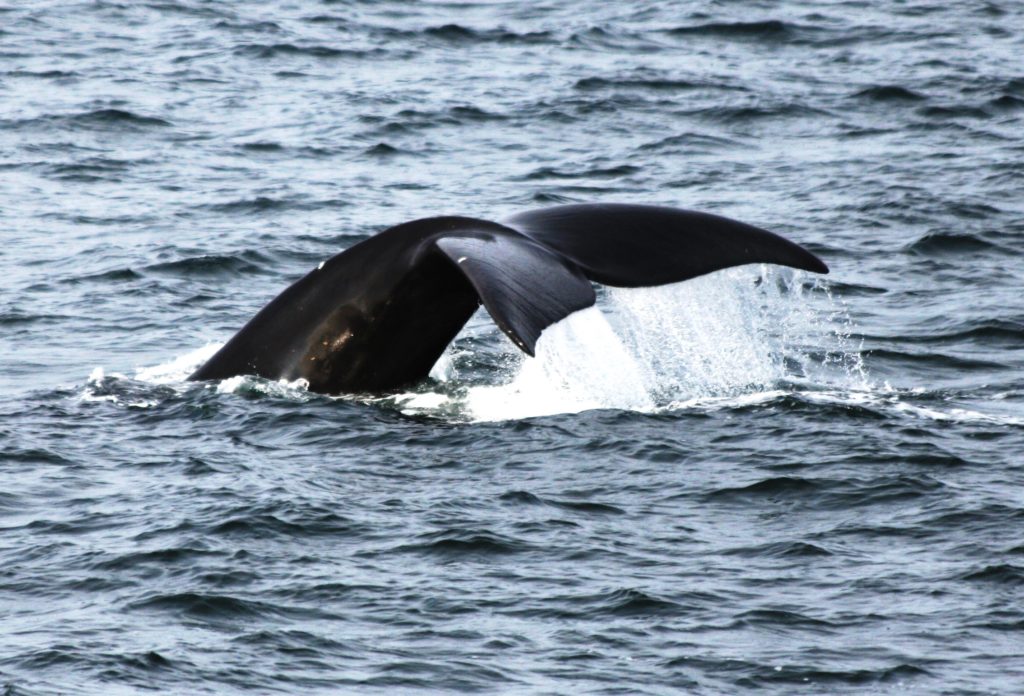In September, results of the latest climate change vulnerability assessment for marine mammals were published in PLOS ONE. This study is just one of the climate vulnerability assessments that NOAA Fisheries is conducting for marine habitats and species as part of its Climate Science Strategy. This particular study focused on the marine mammal stocks managed under U.S. jurisdiction in the western North Atlantic, Gulf of Mexico, and Caribbean Sea.
Azura was part of the team of 41 subject matter experts who assessed the combined exposure and sensitivity of 108 marine mammal stocks to estimate their vulnerability to climate change. The exposure criteria refers to the projected change in environmental conditions across a stock’s geographic distribution, while the sensitivity criteria describes the stock’s ability to tolerate and adapt to changing conditions. Based on these criteria, each stock was assigned a climate vulnerability score. They were indexed as very highly vulnerable, highly vulnerable, moderate, or low. Stocks including the endangered North Atlantic right and Rice’s whales were found to be the most highly vulnerable to climate change along with several Gulf of Mexico bay, sound, and estuary stocks of common bottlenose dolphins which are not listed under the Endangered Species Act. The least vulnerable stocks were stocks of oceanic dolphins.
These results can be used to develop more effective marine mammal management, restoration, and conservation activities that address current and future environmental variation and biological responses due to climate change. You can explore the data for these marine mammal stocks and others using NOAA Fisheries’ Climate Vulnerability Assessment Tool.
Check out NOAA Fisheries’ web story here.
The publication is open access.


